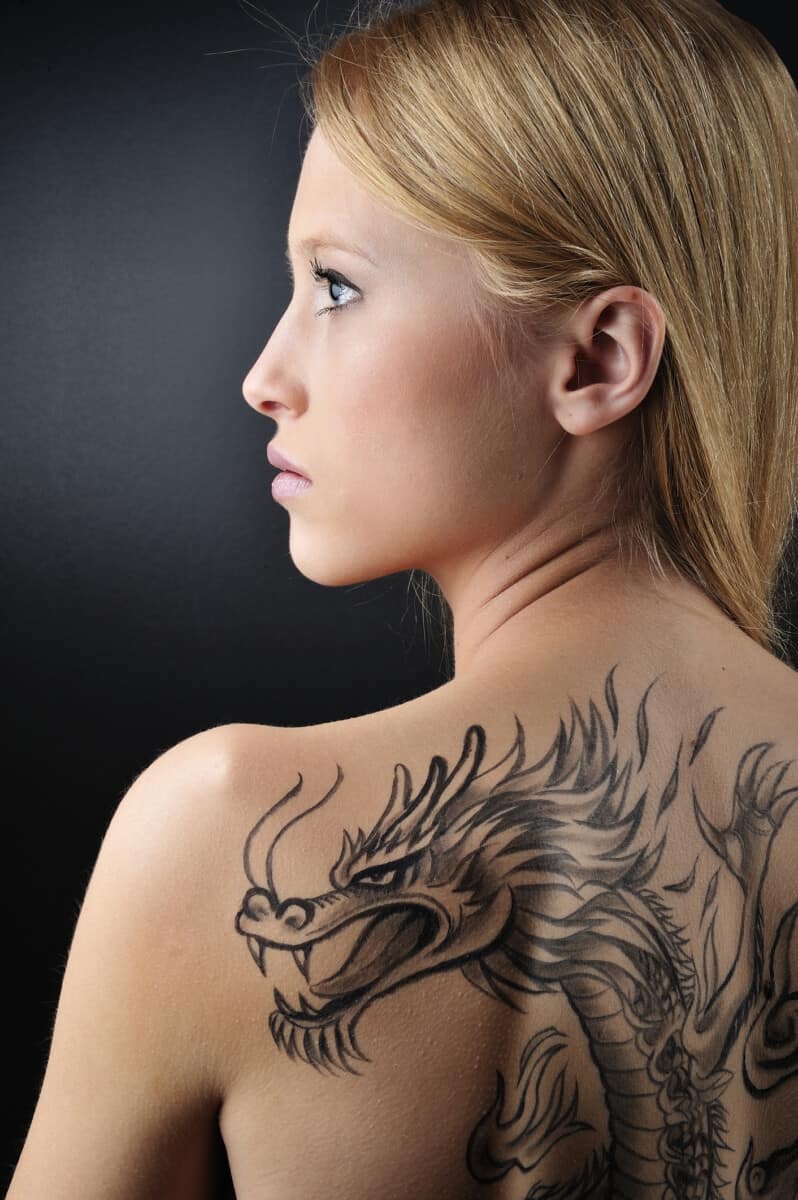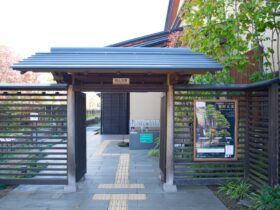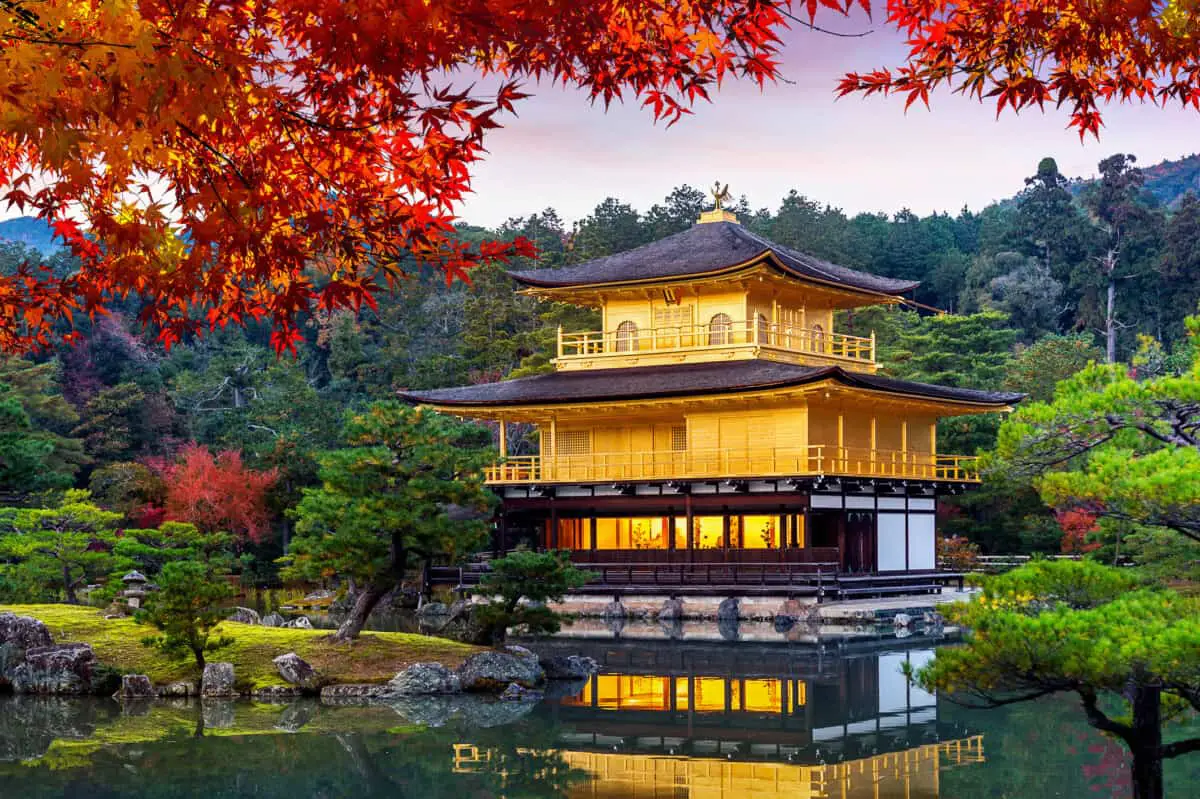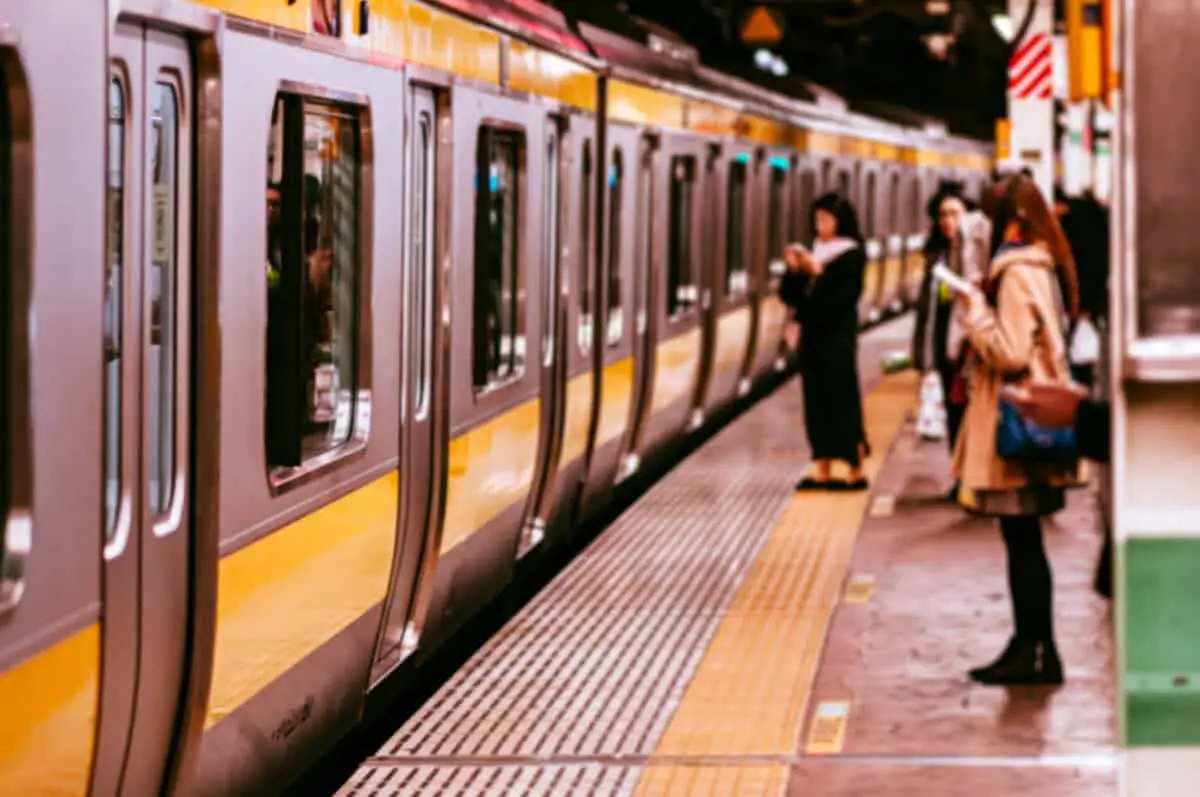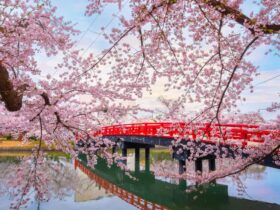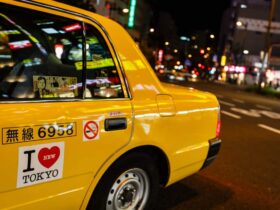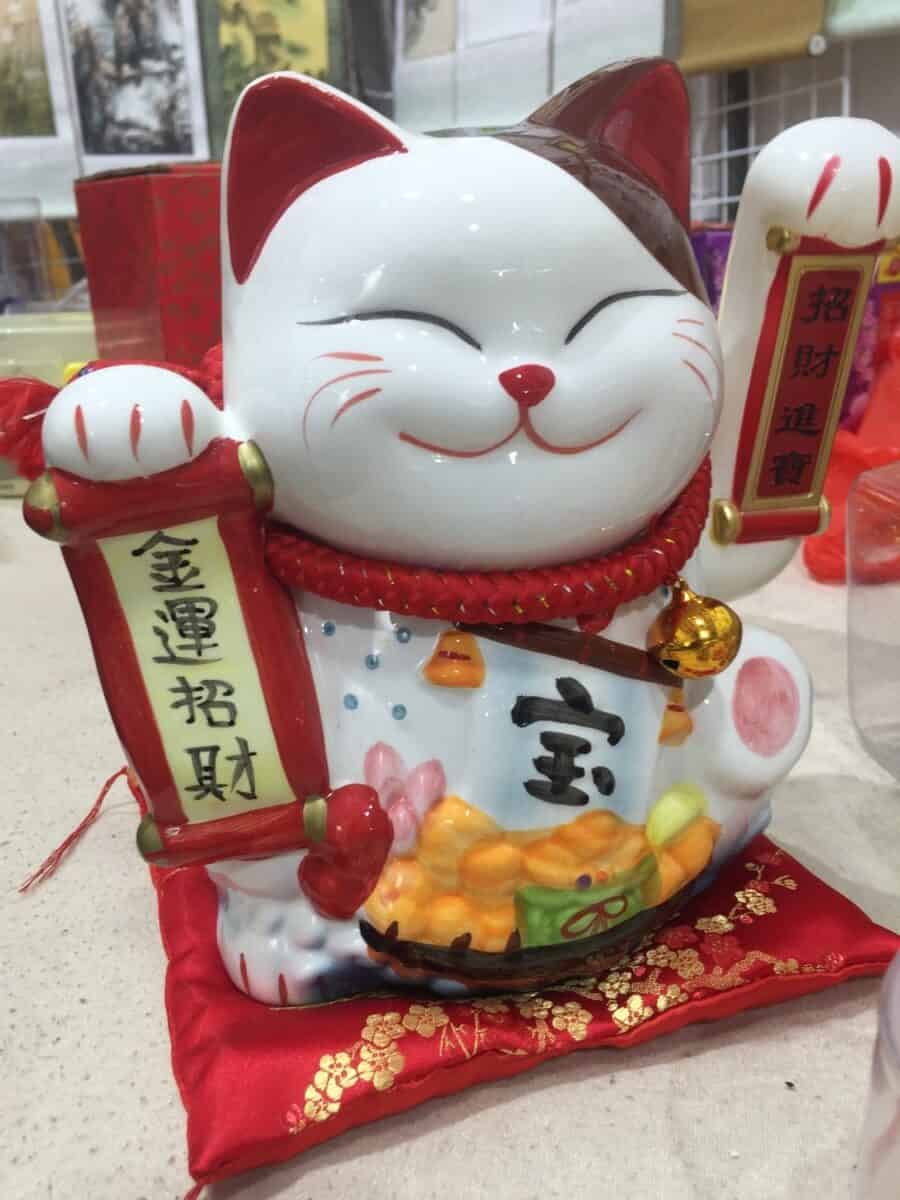The Japanese have a very different stance on tattoos from the rest of the world. They hold particular cultural and historical significance and are much more than just a form of art and self-expression.
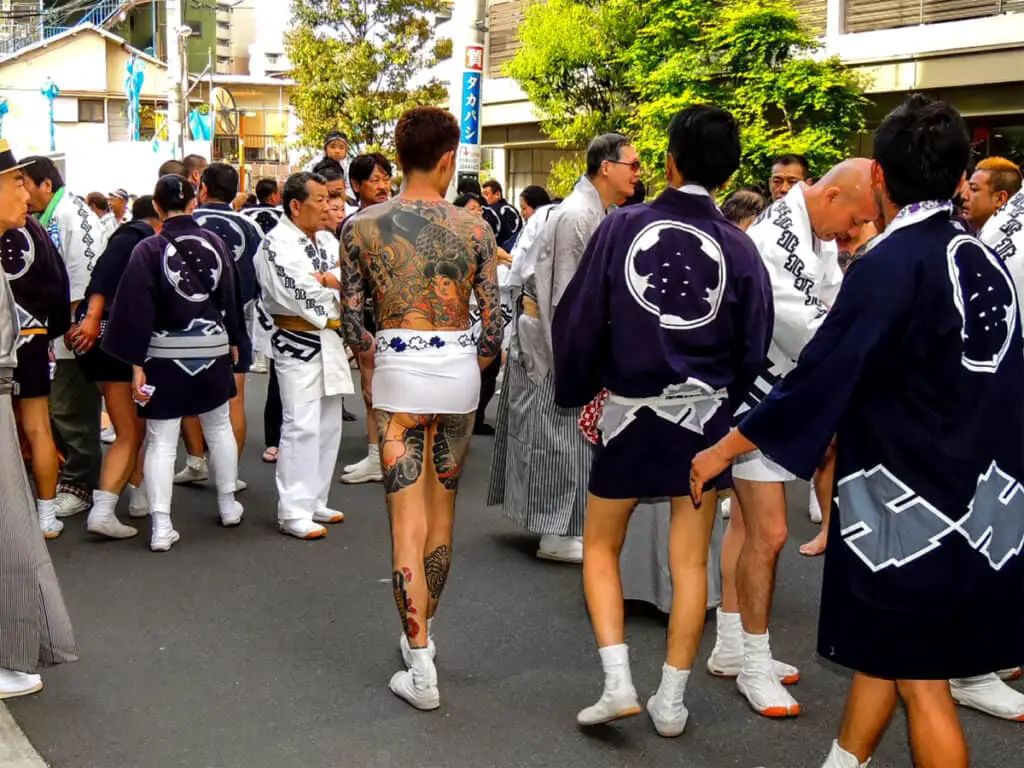
Tattoos have become increasingly popular in the last few decades. Whereas previously they were associated with criminal gangs, and people who had spent time in prison, today they are seen as a form of art and a way to express yourself.
Although they are for the most part a permanent addition to your body, many young people seek out their first tattoo as soon as they turn 18 simply as a way to rebel or to commemorate something that is important in their lives.
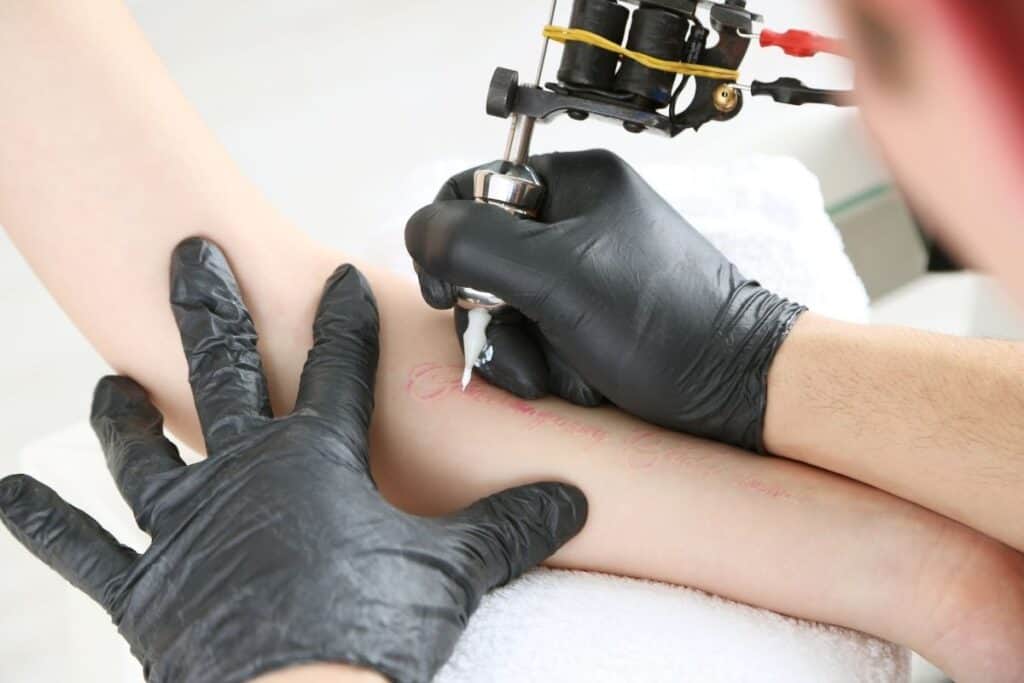
Either way, tattoos in Japan are viewed differently from in western countries. Here we will discuss Japanese views on tattoos and how they are or are not accepted in Japan.
The history of tattoos in Japan
As in many parts of the West, particularly in the United States, tattoos are used as a way to show self-expression, allegiance to a specific idea, or some form of identity.
Today in Japan the Japanese people still commonly associate tattoos with criminal activity or dangerous people.
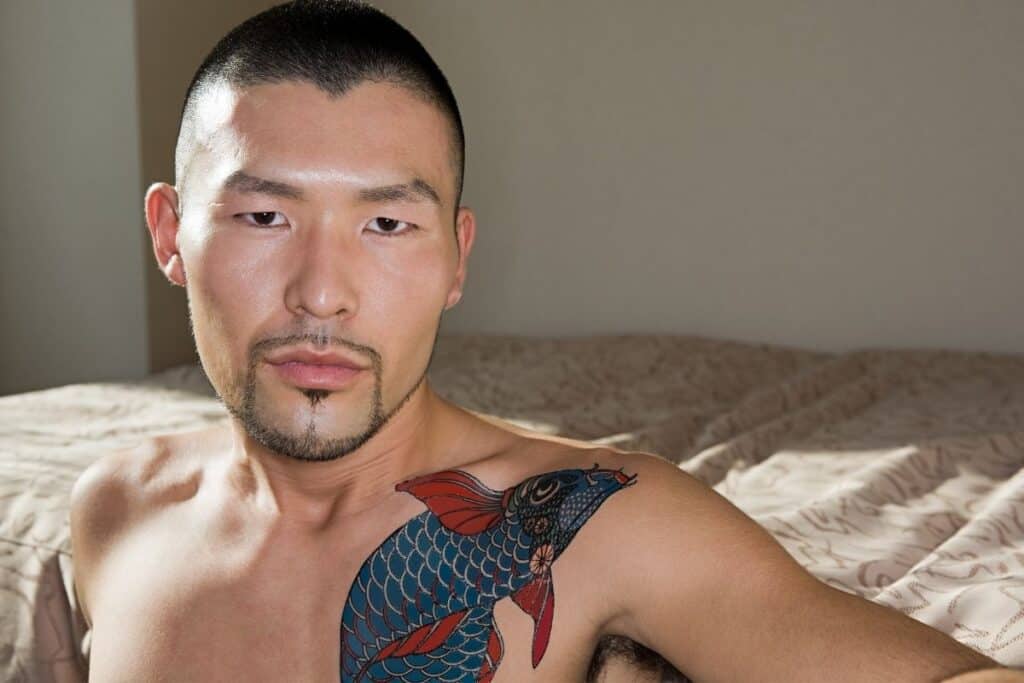
The largest criminal organization in the country, known as the Yakuza, often mark their members with tattoos and this stigma means that many people who appreciate the art form of tattoos still shy away from permanently inking their bodies.
However, this is only the most recent link between Japan and the issue of tattoos as indeed the history goes back much further than this.
The oldest known tattoos in Japan are dated back to the Jomon period (ranging from 10500 BC to 300 BC) from which archaeologists have found figurines covered in what appears to be tattoos and other various types of modifications, such as the technique known as “scaring”.
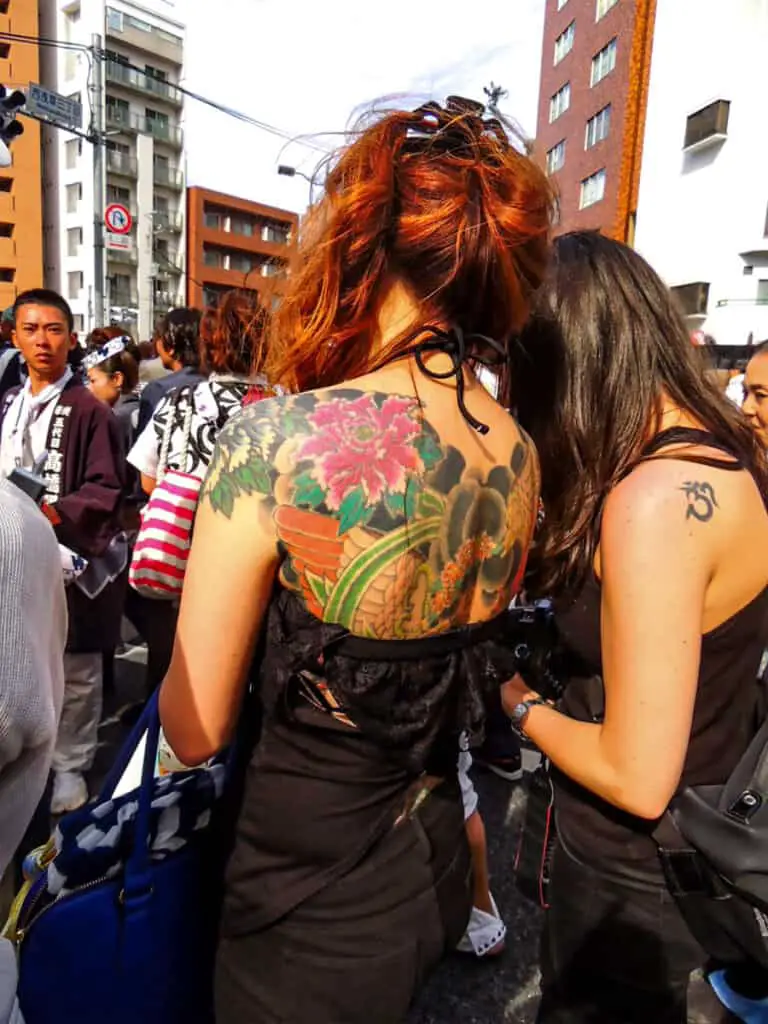
During the 1600s tattoos were used as a method of permanently branding a criminal, allowing their illegal past to haunt them for the rest of their life and to hopefully deter others from following the same path.
However, firemen also used tattoos for a very different purpose: protection. They sought certain images as a way to ensure safety in their line of work.
However, everything changed during the 1800s when Japan began opening up to the Western world. During this time tattoos were actually forbidden in an attempt to create a good and clean image of Japan, but this did not last very long.
While the ban didn’t last, the stigma did and tattoos are still viewed in much the same way as they were back then.
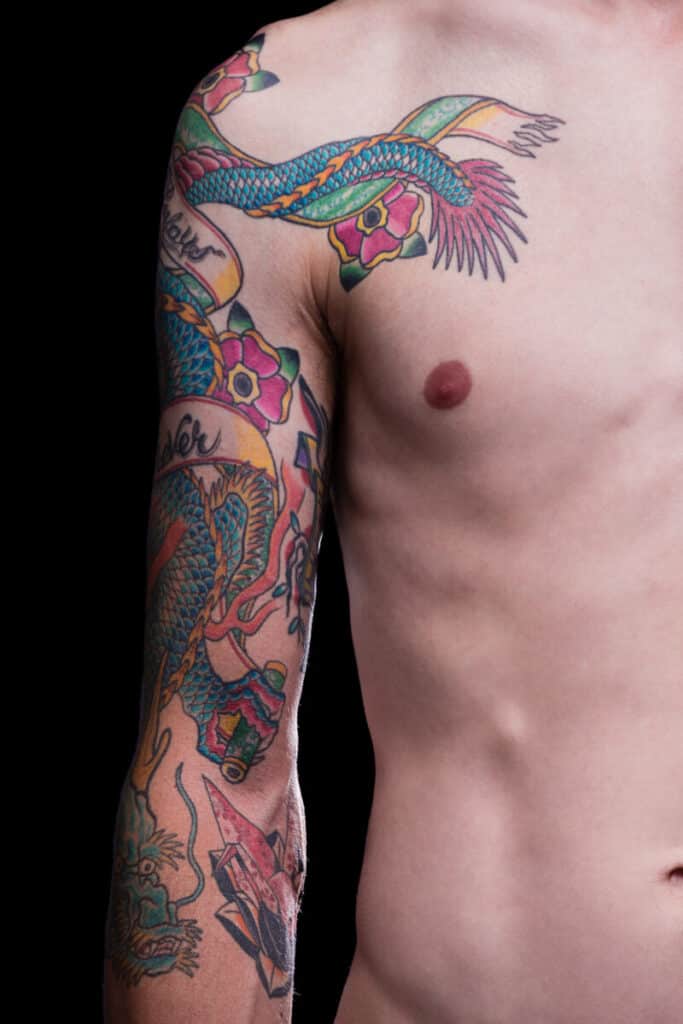
This proves to give quite a polarization in today’s attitude toward tattoos among Japanese people. In fact, tattoos weren’t actually legalized again in the country until 1948.
This change in attitude toward tattoos is reflected in the fact that artistic tattoos became a way for ex-prisoners to cover up their criminal markings, giving them a new life and distancing them from their past mistakes.
Can I travel to Japan if I have tattoos?
Although tattoos are no longer illegal in Japan they are not still as widely accepted as in the West. In the Western world tattoos are not normally anything to take into consideration unless they are visible and may impede your chances of getting a job. However, in Japan, they are much more restrictive.
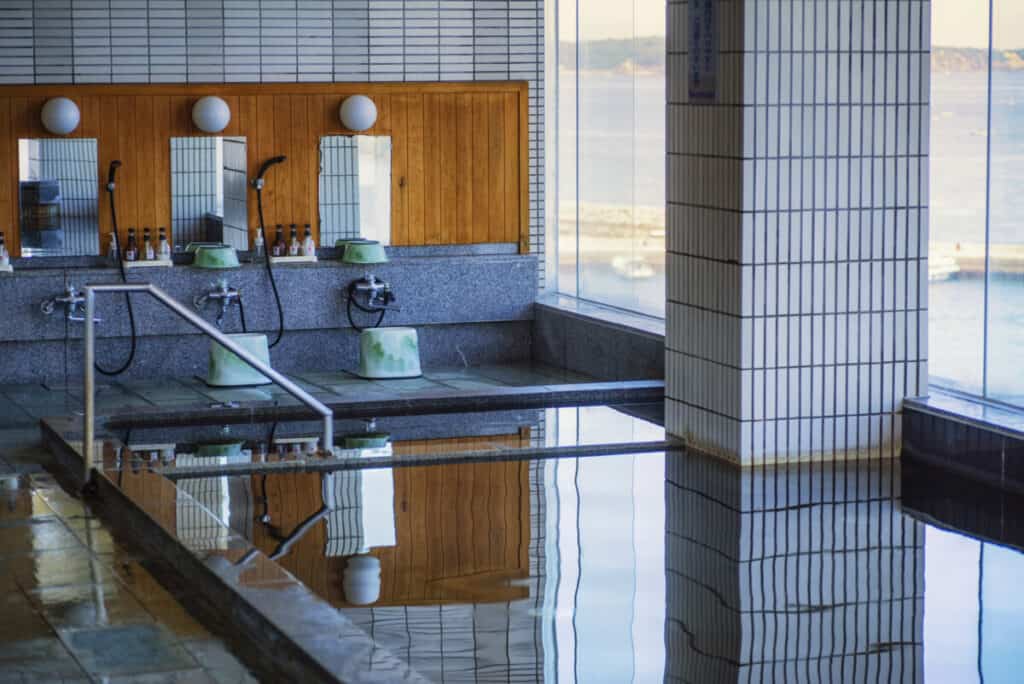
For example, in Japan, there are still certain areas where tattoos are banned, or must at least be concealed. For example, if you have visible tattoos then you may be banned from entering public spaces where they can be seen. Examples of such places include:
- Swimming pools
- Hot springs
- Gyms
- Beaches
- Bathhouses
If you are unsure about whether or not you are allowed to enter a place if you have tattoos the best option is to cover them up. You can do this simply by wearing clothing that covers that particular area.
Obviously, the discretion is up to the owner or manager of the location, however, with an increasing number of tattooed foreigners visiting the country each year turning down business due to tattoos has decreased.

This is because so many people have tattoos currently that it would significantly decrease the popularity of a location from locals or even worse end up with bad reviews.
Therefore, public places are much more accepting of tattoos than they were in previous years. However, it is always better to be on the safe side and cover up if you are unsure about the establishment’s policy.
Do Japanese people have tattoos?
Just like everyone else around the world, the Japanese appreciate art and this even includes tattoos. However, what you may notice when traveling to Japan is that you will rarely see them.
This is because it is still common practice for people to cover up their tattoos. Even young people will hide their artwork with sleeves or specific clothing when in public.
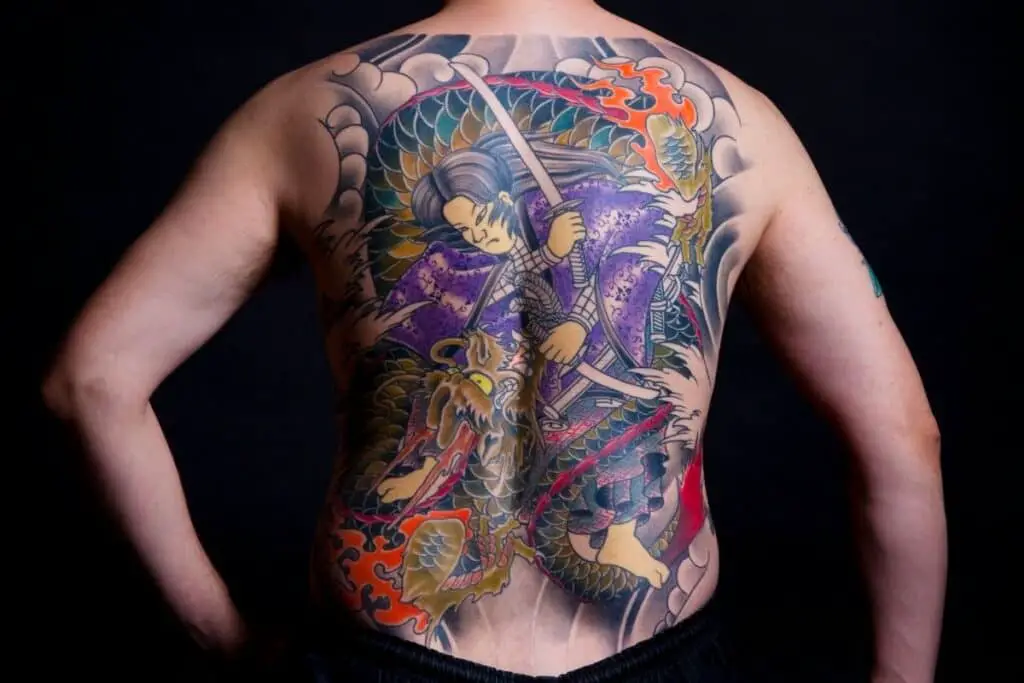
However, as time goes on more and more Japanese people are warming to the idea of tattoos as a way to express themselves rather than associate them with criminals. You may even find that they ask you about your tattoos, the artist, and the meaning behind them if you have any on display.
Testimonials
Here we will tell you a few different experiences of people traveling to Japan who have tattoos. This will hopefully give you a much better insight into not only how people behaved when in the country and interacting with locals, but also how they felt.
A few tattoos
One French woman, aged 19, has three tattoos on her forearm: a cat with a dragon, an Arabic script, and two hands shaking. She also has two small tattoos near her ankle, but are much less visible than the three on her arm.
She says that although she has not had any problems due to her tattoos, even when they are on show, she has felt more restricted than she would like when it comes to bathhouses.
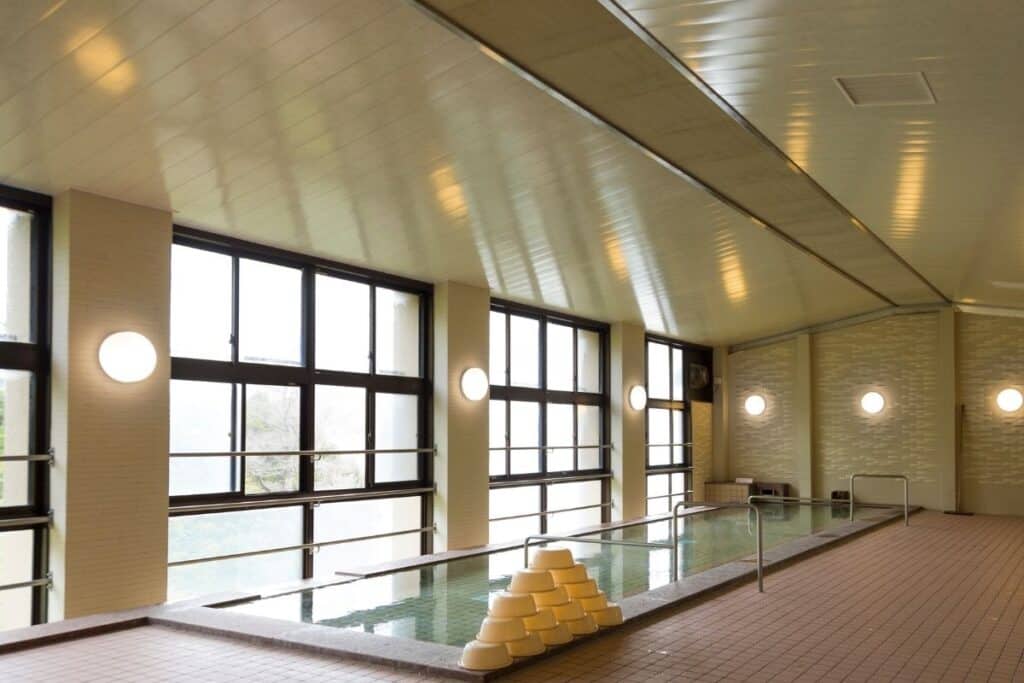
She isn’t fluent in Japanese which poses a problem when it comes to access to certain places. This results in her visiting during the evenings when there are fewer people and it is easier to hide her tattoos.
Many tattoos
A second example is an American, aged 38 who is of Asian descent. He is covered in tattoos and they are very difficult to hide without covering most of his body. Due to his appearance, he states that many people assume him to be affiliated with criminal elements, when in fact he works as a teacher.

In fact, many of his tattoos have spiritual or religious meanings and were actually inked in Japan. Despite this, he has been discriminated against because of his tattoos with places such as gyms, hot springs, and even restaurants refusing him entry. If he does get in anywhere he believes it is because of his cover-up tattoos so they are hidden.
His experience also goes against what most people would assume. He says that when he lived in the countryside during his first two years in Japan his neighbors quickly warmed to him despite his tattoos but that he has had a much harder time living in Tokyo.
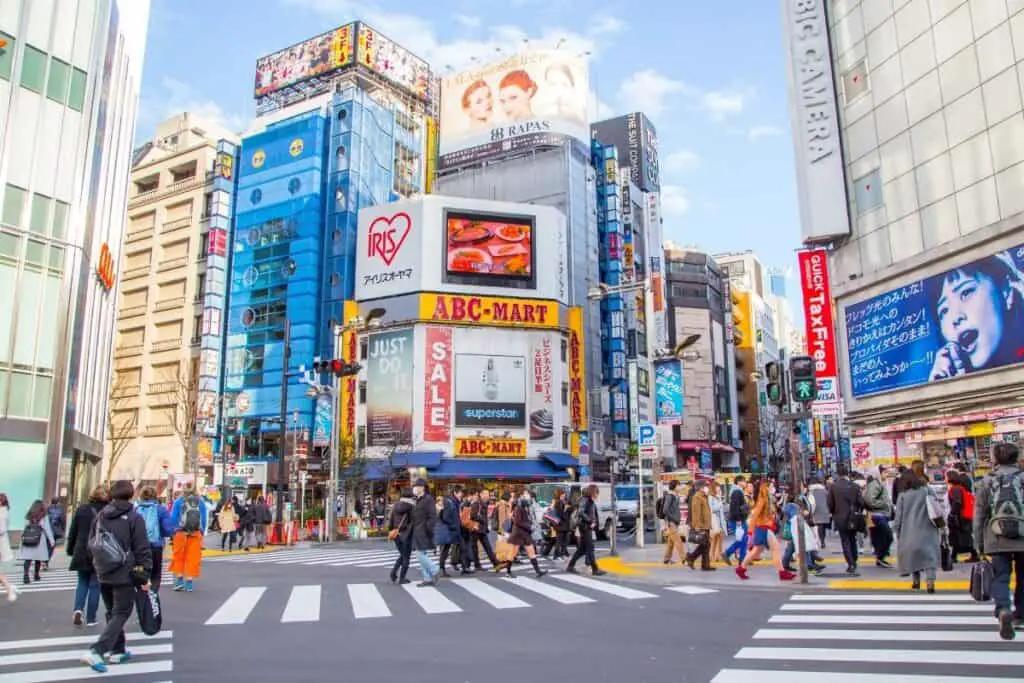
So, the metropolitan peoples are not always more progressive when it comes to body art and removing the historical stigma of tattoos from their perceptions.

